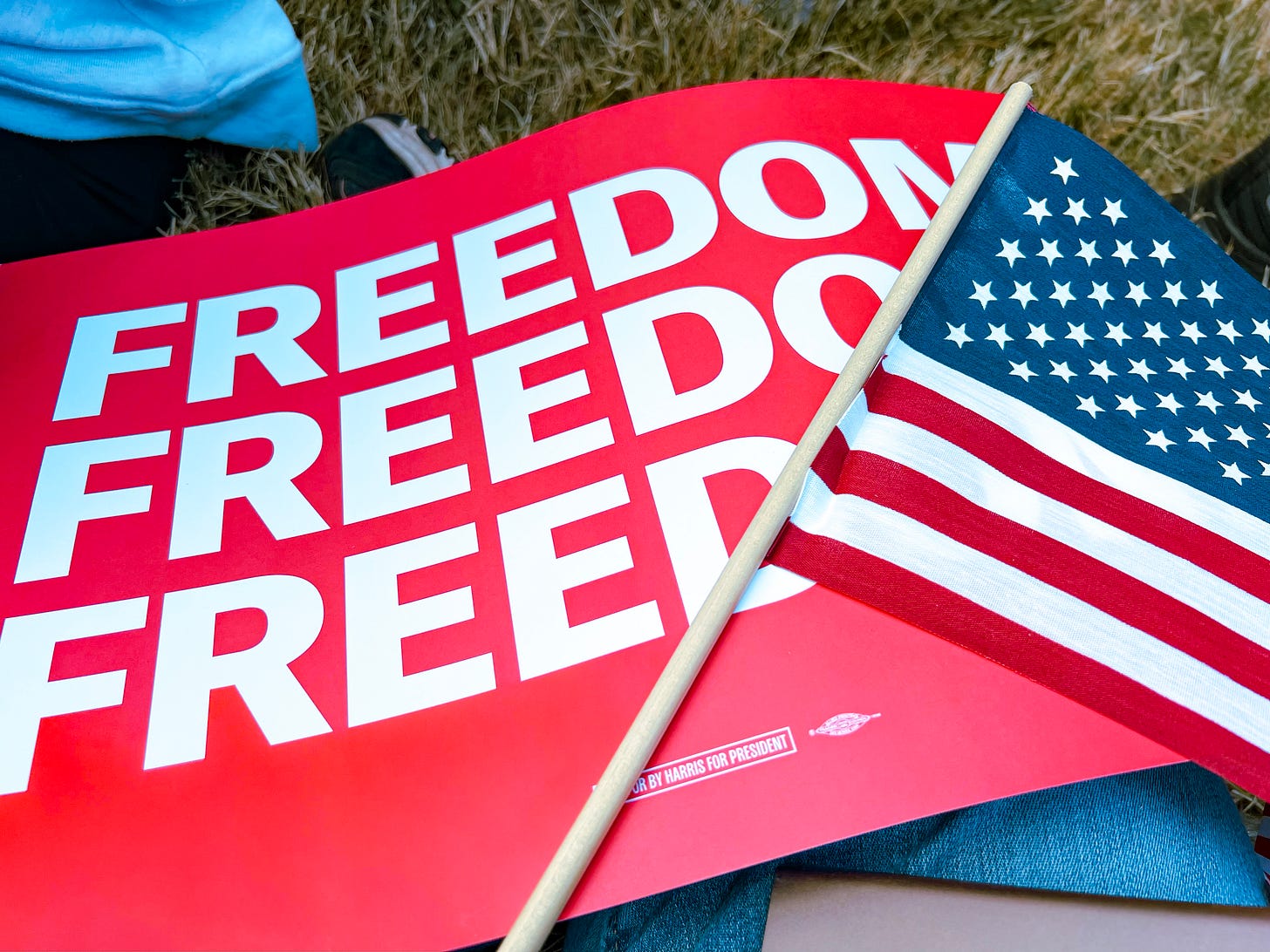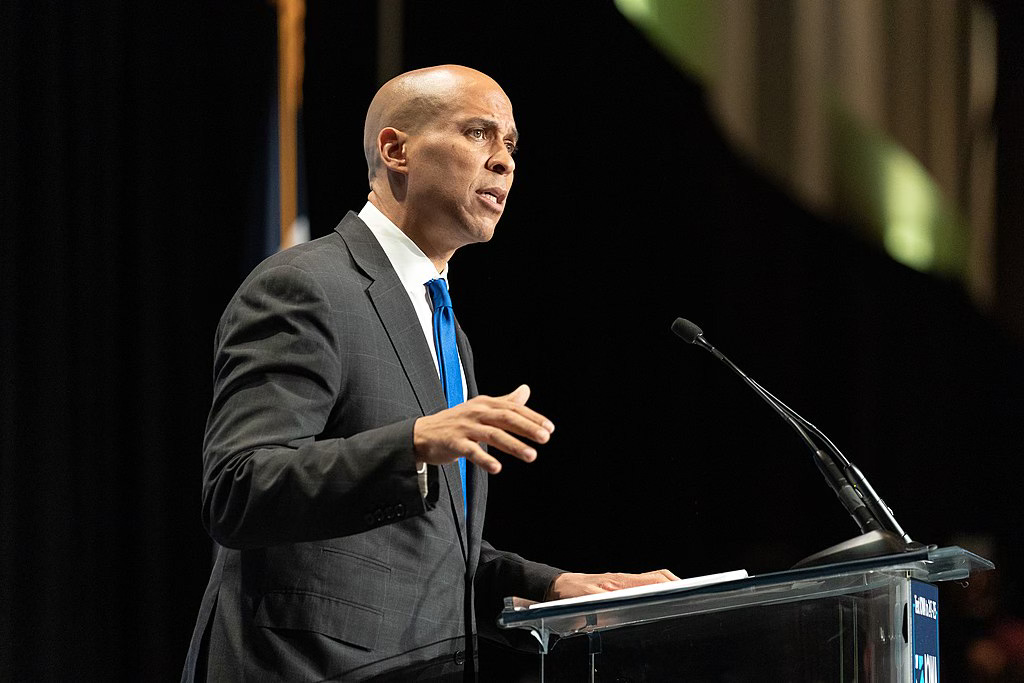Here’s the thing about governance and policymaking: everything is interconnected. Politics is the propellant of government. Like any accelerant, it can burn out of control without safeguards, turning into a spectacle that obscures the true nature of governing. Governing is the engine that either propels us forward or stalls on a steep hill, causing us to roll backward.
The Problem of Political Spectacle
Politicians can speak aspirationally or divisively. They often rely on slogans and oversimplified rhetoric, making it seem as if they wield a magic wand—or a magical chainsaw. But civil rights, economics, education, health, environmental issues, energy, and foreign policy are all intertwined. Political talking points mislead people into believing these issues exist in silos. They don’t. Whatever our legislatures and executive branches enact, whether at the state or federal level, inevitably impacts outcomes across the spectrum.
Two significant problems plague how politicians frame issues and solutions: they often lack nuance and assume that we live in a static world.
The Need for Adaptability
But our world is constantly changing. We cannot foresee every possible obstacle or outcome. Familiarity with history, an understanding of civics, and a willingness to consider various perspectives from stakeholders can help predict potential positive and negative outcomes. Success is never guaranteed, but failure becomes more likely when we refuse to acknowledge past mistakes, potential pitfalls, and the possibility of unexpected factors interfering with our initiatives. Any successful entrepreneur or leader will tell you that enduring success requires adaptability. Our current government is not adaptable.

Cory Booker’s Stand: Substance Over Spectacle
Like many, I watched parts of Senator Cory Booker’s filibuster on the Senate floor. His effort matters. He addressed people’s concerns, spoke about substantive policy, and highlighted the real-life effects those policies could have on everyday Americans. As a Black man, he claimed his right to wield power in that chamber—standing in stark contrast to the former record holder, Strom Thurmond, a notorious segregationist. What Booker did mattered. It was a moment in America’s perpetually unfolding political drama. It’s propellant. But now, it must fill the engine of governance.
The Age of Perpetual Campaigning
In our 24/7 media culture, bombarded with headlines and memes masquerading as news, it's easy to become cynical. I fear we have entered an era where governance is no longer the goal of politics, but rather that politics has become the endgame. Too many of our elected leaders lack both the skill and the desire to govern. Instead, they chase social media clout, aiming to go viral with over-the-top statements, bus tours, or grandstanding speeches. So consumed by perpetual campaigning, they neglect the issues they were elected to address.
Politicians often underestimate the American people's ability to comprehend complex problems, and we confirm their assumptions by allowing it to happen.
Accountability Is Key
Leadership requires more than artful speeches or flashy campaign rallies. It demands discernment, courage, and accountability. We have become absorbed in the spectacle of politics as blood sport. This is nothing new. Centuries ago, people clamored for Colosseum seats to watch gladiators fight to the death. Public executions drew crowds who cheered as their neighbors were burned at stakes or hanged on gallows. We’ve long enjoyed sideshows and circuses as entertainment.
But what happens when the theater of politics serves no purpose beyond its own performance?
Reclaiming Leadership
Managing, securing, and growing a nation requires more than just fuel for the engine of governance; it demands a robust framework to guide us safely to our destination: leadership.
Leadership requires discernment, risk, and accountability. Any government aiming to serve the common good must ensure its politics produce genuine leadership. And leadership demands something many prefer to avoid: accountability. The phrase “the buck stops here” comes to mind. Accountability should not be feared or treated as a dirty word. Even those with the best intentions make wrong turns or end up scrambling to find fuel.
Embracing accountability isn’t about assigning blame. Mistakes and missteps do not define leaders; how they respond when they falter does.
Call to Action: The Time for Leadership Is Now
Our leadership is lacking in America, and this responsibility falls as much to the American people as to those in office. As long as we remain content to exist in the emotional thrill of political spectacle, we will continue to be governed by those who shirk accountability. No one can govern effectively in that environment.
We must demand more. Demand nuance. Demand humility. Demand accountability. Our democracy is only as strong as our commitment to these principles.
If you’re tired of leaders who hide behind theatrics, raise your voice. If you want governance that prioritizes substance over spectacle, speak up. Insist on leadership that serves the people, not just itself. Because democracy only thrives when we refuse to settle for the bare minimum.





